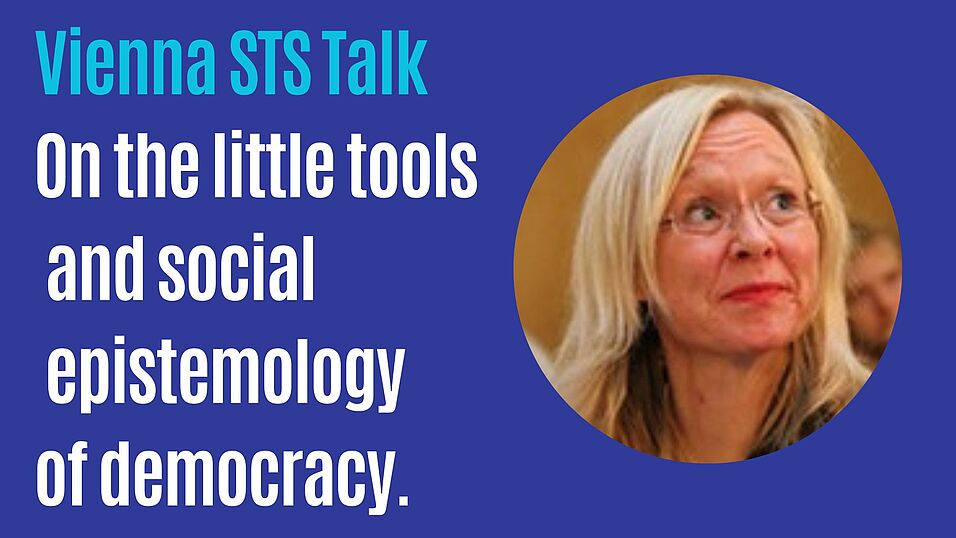Abstract
Democracy is under siege and we are urged not only to maintain and care for it, but also to perhaps understand and critically and curiously re-examine it. For many years I have been concerned with teasing out and analyzing what I have called the little tools of democracy and I have done this through a series of studies on controversies around politics of nature. This turn to approaching politics as a material and even technical affair resonates with key approaches in the broader field of science and technology studies (STS) that have shown how the social is profoundly also material and how the manufacturing of knowledge is thoroughly ‘instrumental’ i.e. reliant upon a number of instruments and devices. This lecture take a series of such earlier and ongoing studies as its starting point, but seek to move, re-direct and further developing them by suggesting to build from this material and device-oriented approach to examine the procedures of politics as a knowledge practice in its own right. Hence, we can move sociology of knowledge towards the political and thereby modify our understanding of the political and democratic. In doing this I will focus in particular on the unique but surprisingly underexamined and undertheorized procedures of document work and document practices that constitute and maintain democracy and I will seek to tease out what I propose as these practices’ own social epistemology. While discussing and drawing from Boltanski and Thevenot in their pragmatist philosophy of knowledge and work on justification, the lecture builds empirically and analytically from recent and on-going studies: Nature-Made Economy: Cod, Capital and the great Economization of the Ocean (Asdal and Huse, in press, MIT 2023), Doing Document analysis: A practice Oriented Approach (Asdal and Reinertsen, SAGE 2022), Assembling Leviathan (Asdal and Hobæk, Routledge, In preparation).
About
Kristin Asdal is professor of STS and her research focuses on the sociology of knowledge across economics and natural science and on how scientific expertise is partaking in democracy. Her key competence is on the politics of the environment, broadly conceived, and she has executed a series of comprehensive empirical studies on the politics, economy and history of the environment and the bioeconomy. She also investigates democratic procedures as versions of knowledge practices.
She is currently heading the project ValueThreads (2020-2024) where she and her team investigate the new economic practices that are emerging in efforts to shift the economy towards the green and sustainable. She is interested in how values are created, what values mean in different sectors of society and by different actors and through different techniques. Among the cases in the project are finance and green investments, the ocean economy and economic practices in forestry. Phd-candidates Stine Engen and Marie Stilling work together with Kristin on this project at TIK. In the winter and spring term of 2022 Kristin is visiting professor at CSI-Mines ParisTech where Kristin is working with project partner Liliana Doganova and postdoc Nassima Abdelghafour.
You can either participate in the STS Seminar Room (Universitätsstraße 7/Stiege II/6. Stock (NIG) 1010 Vienna), or you can also join us via Zoom:
https://univienna.zoom.us/s/61297396863
(Meeting ID: 612 9739 6863, Passcode: 576860)

